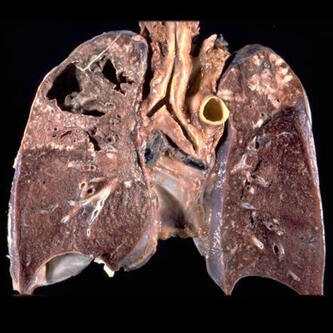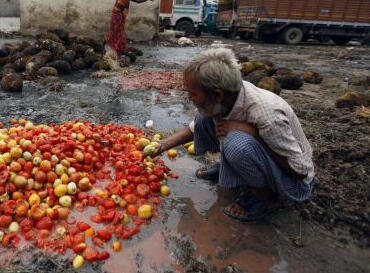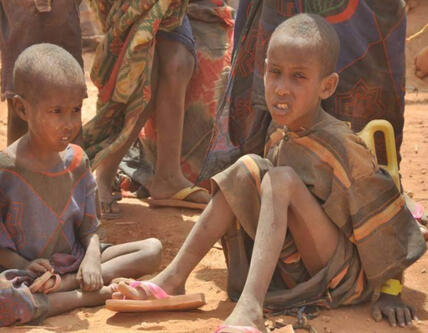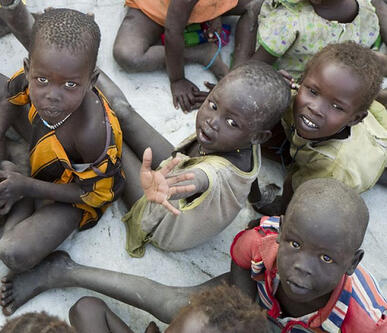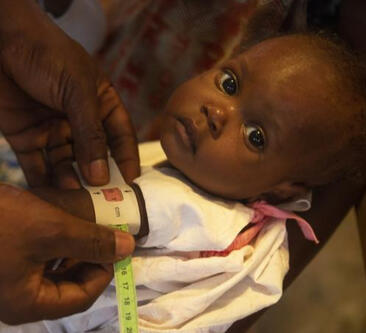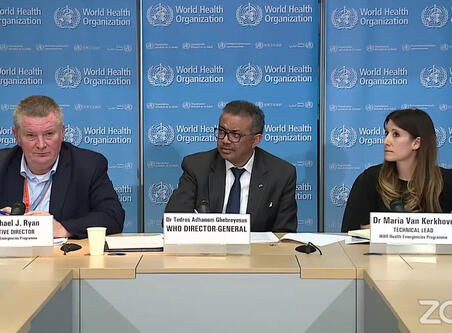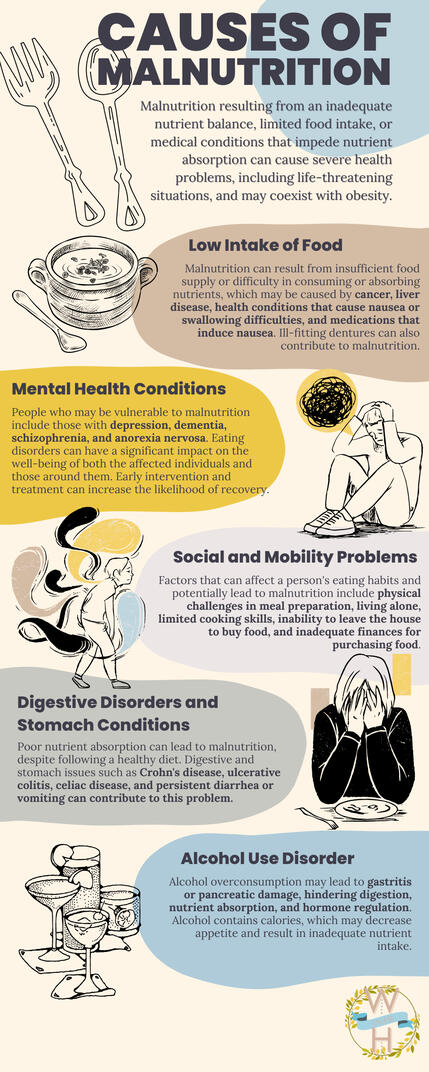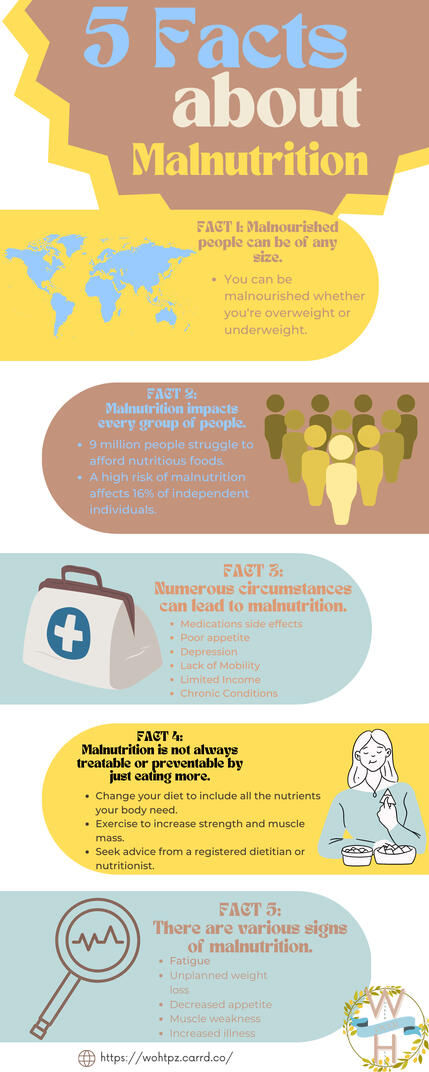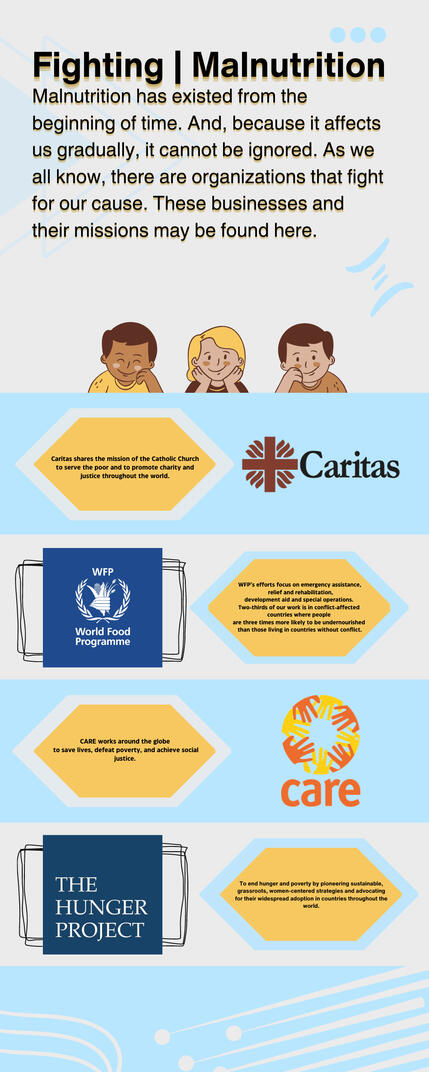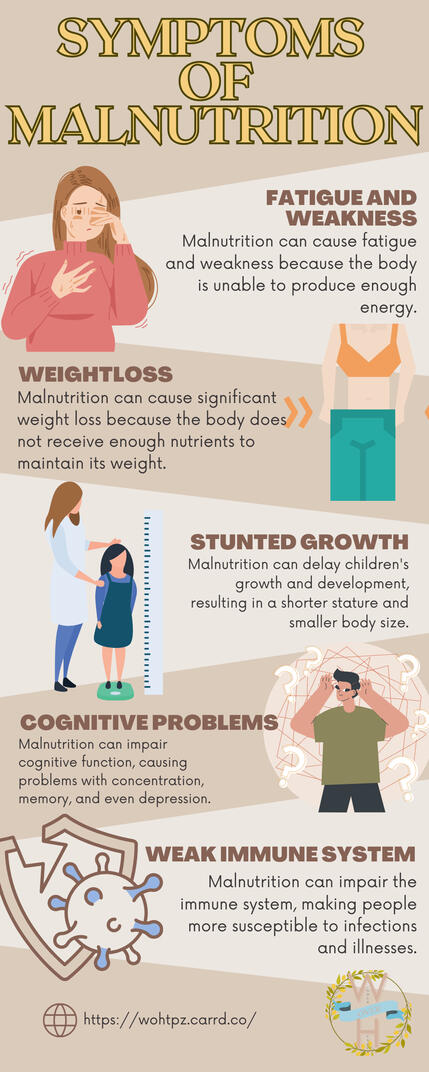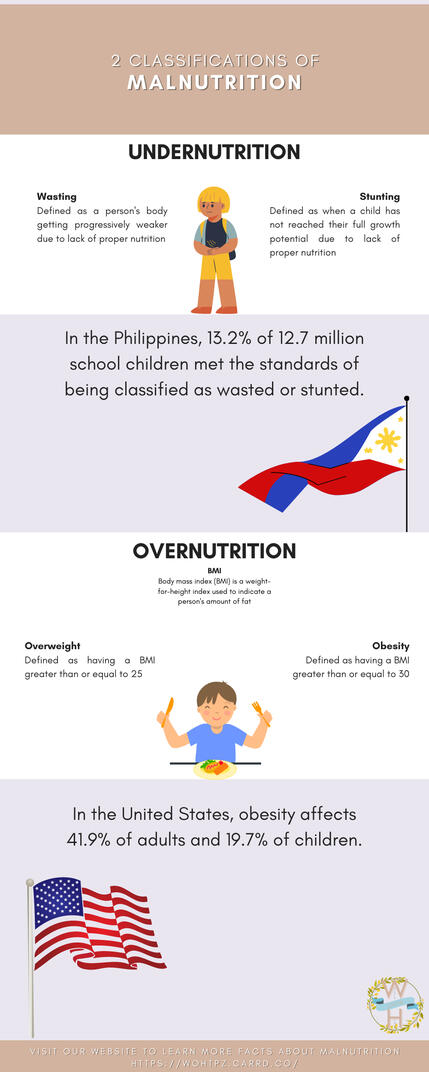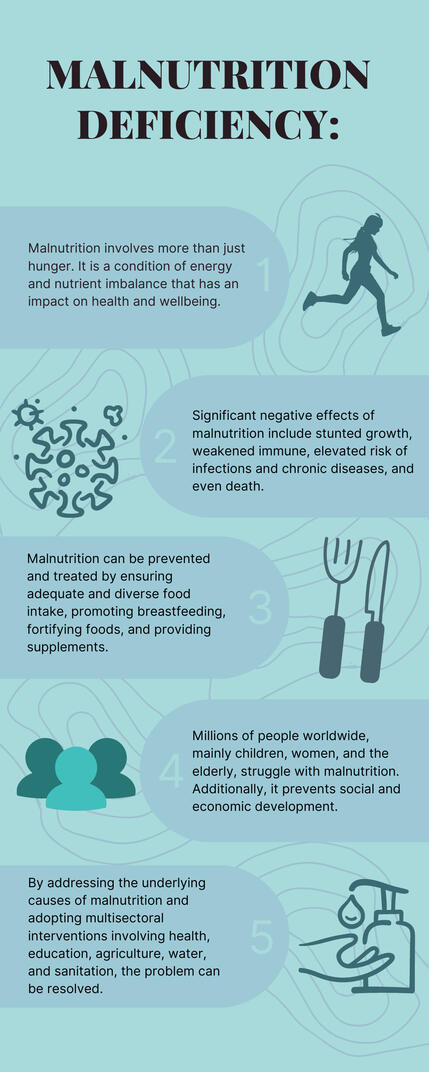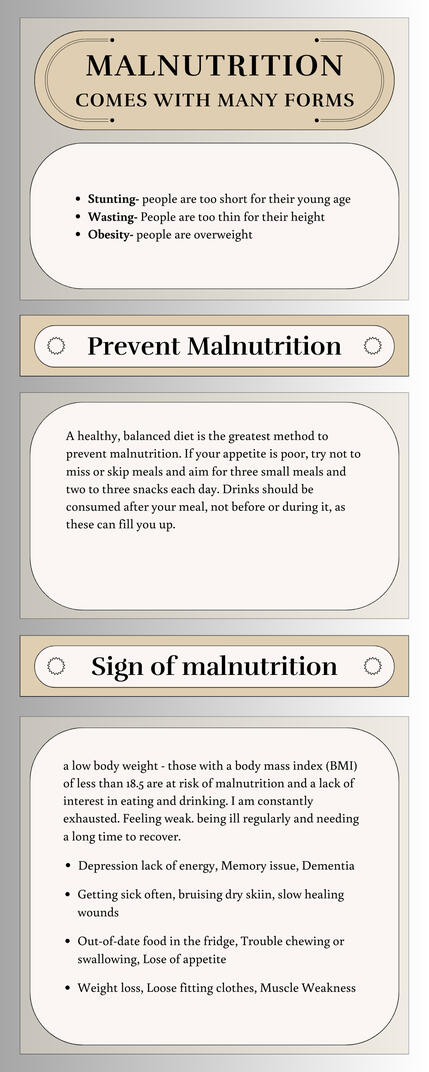Malnutrition | Where does it begin?
Lack of food and nutrition isn’t the only cause of malnutrition, there is also poverty, transportation problems to markets, shortage of food in local markets and etc. The dependence of national imports on goods has been a factor in causing the market to crash especially during certain harvest periods. Hence causing the inflation of prices on these goods and making the poor more vulnerable to relying on whatever they find to eat giving malnutrition leading to diseases and sickness.
Speaking of diseases, diseases are also an underlying cause of malnutrition and acute malnutrition some of these diseases are tuberculosis, measles, and diarrhea. When diseases pile up this will make our metabolism weak creating a cycle of infection and undernourishment.
A lack of safe drinking water is also a cause of malnutrition.
Water is a big contributor to helping our body maintain its strength, thus the lack of safe drinking water and dangerous hygiene practices increases the chances of someone getting infected from water-born diseases which can become a direct cause of acute malnutrition.
As we dig deeper into the causes of malnutrition, everything gets complicated. From having trouble with our finances to simply being unable to drink safe water. This is why more effort and manpower is needed to fight against malnutrition. Malnutrition doesn’t choose its victim, the victim may be forced to malnutrition by their life styles.
What is Malnutrition?
Malnutrition refers to any nutritional condition, whether it is caused by a dietary shortage, known as undernutrition, or an excess, known as overnutrition. Malnutrition can be caused by a lack of food, an unbalanced diet, or a flaw in the way the body processes the food it receives. Malnutrition is frequently caused by a lack of calories, protein, vitamins, or minerals. It can also be caused by a deficiency of any of these. Protein and calorie deficiencies, for example, are frequently found simultaneously. Protein is required for growth, hence protein-calorie malnutrition can have serious consequences for children, contributing to cognitive impairment and other problems.Obesity is the most common form of malnutrition in wealthy countries. It can cause diabetes and hormone imbalances, as well as heart, kidney, and circulation disorders. Overnutrition, or consuming an excessive amount of nutrients, can produce health concerns just as significant as vitamin and mineral deficits. A large intake of animal fat, for example, can result in excessive cholesterol levels, which can contribute to cardiovascular disease.Some staple foods are frequently fortified with vitamins and minerals to prevent or repair some nutrient deficits. When nutritional abnormalities are caused by disease, every effort is taken to treat the underlying physical defect wherever possible. When malnutrition is the result of bad eating habits
Hunger Forecast: A Call to Action
The UN agencies have warned that West and Central Africa may see an unprecedented famine by next year. The article's conclusions and its ramifications for the impacted areas have been covered by UN News. According to the research, a combination of variables including violence, climate change, and economic instability have already led to severe food insecurity for over 31 million people in West and Central Africa, and this figure may rise by more than 50% in the upcoming year.The FAO, WFP, and UNICEF, the UN organizations in charge of the study, have all underlined their deep worries about the situation in the impacted areas. They have demanded immediate action to address the crisis' underlying causes, such as the requirement for more investment in agriculture, enhanced market accessibility, and improved infrastructure.The article also emphasizes how the Covid-19 epidemic has affected the food crisis, which has hampered markets, supply networks, and commerce. The epidemic has worsened the already dismal condition in the impacted areas by increasing poverty, unemployment, and restricted access to essential amenities. Governments, donors, and other international organizations are being urged by UN agencies to offer the assistance required to confront the issue and stop it from getting out of hand.
WHO called for help?: Address of the Global Acute Malnutrition amongst children.
The World Health Organization (WHO) has recently made an urgent call for action to address the crisis of acute malnutrition that is posing a severe threat to millions of vulnerable children globally. The WHO warns that approximately 17 million children are currently suffering from severe acute malnutrition, which is a life-threatening condition that leaves them vulnerable to diseases and other health complications. Sadly, the situation has been worsened by the COVID-19 pandemic, which has disrupted food systems and led to economic hardship, making it difficult for families to provide adequate nutrition for their children.Acute malnutrition is a serious issue that requires a multifaceted solution. The WHO is urging countries to invest in nutrition interventions such as the provision of nutrient-rich foods and supplements, as well as the strengthening of health systems and the promotion of breastfeeding. Furthermore, the organization is urging governments and international organizations to prioritize funding and resources for addressing the root causes of malnutrition, such as poverty, food insecurity, and limited access to healthcare.Inaction has serious consequences, as acute malnutrition can cause long-term physical and cognitive impairments that can have a significant impact on a child's health and well-being. Governments and organizations around the world can help prevent unnecessary suffering and save the lives of millions of vulnerable children who are at risk of succumbing to this preventable and treatable condition by taking immediate action.
Malnutrition: What you need to know
Malnutrition is an imbalance in dietary intake. It occurs when a person has too much or too little food or essential nutrients. A person with malnutrition may lack vitamins, minerals, and other essential substances that their body needs to function. People may become malnourished if they do not eat enough food overall. However, people who eat plenty but do not have enough variation in their diet can also become malnourished. It is also a person’s diet does not provide enough nutrients or the right balance for optimal health. Symptoms vary but often involve weight loss, reduced appetite, tiredness, and irritability.When a person has too little food, a limited diet, or a condition that stops their body from obtaining the right balance of nutrients, it can severely impact their health. In some cases, this can become life threatening. If a person does not get the right balance of nutrients, they can also have malnutrition. It is possible to have obesity with malnutrition.To prevent malnutrition, people need to consume a range of nutrients from various food types. Older adults, young children, people with severe or chronic illness, and others may need additional care to obtain the nutrients they need. Anyone who starts to show signs of malnutrition or undernutrition should see a doctor for a diagnosis and treatment. Treatment will depend on the severity of the malnutrition and the presence of any other underlying conditions or complications.
Videos about Malnutrition
What is malnutrition?
The-reality-of-malnutrition-among-children.
The face of malnutrition among Filipino children


